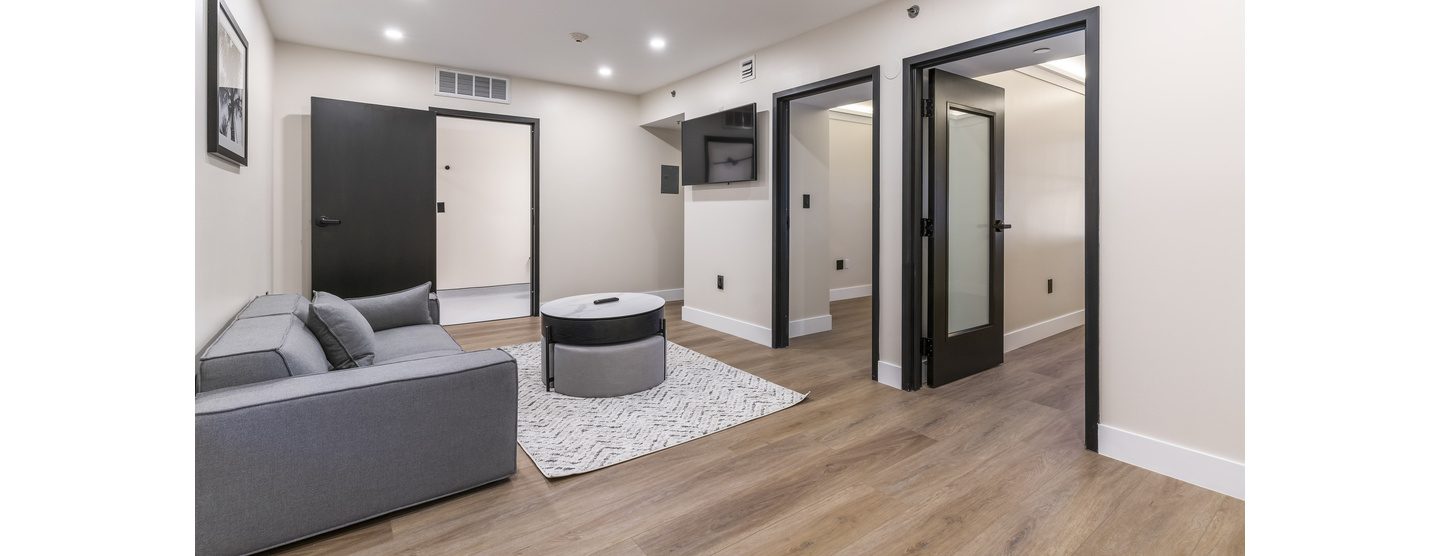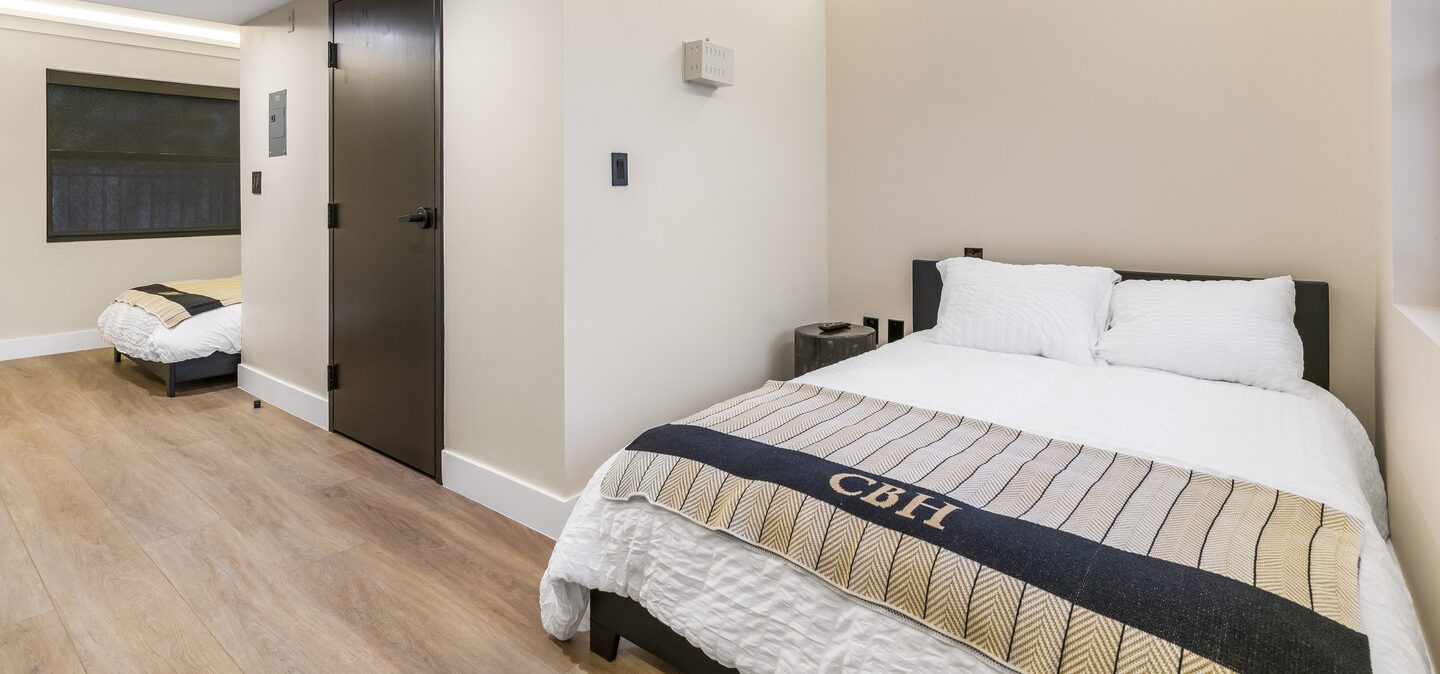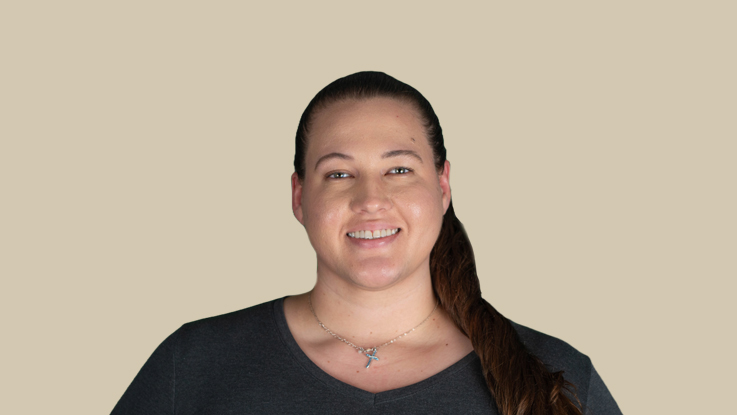Neurofeedback, a type of biofeedback, is a non-invasive, therapeutic intervention that uses real-time displays of brain activity to teach the brain to self-regulate and function more efficiently.
This approach has shown promising results in the treatment of various mental health conditions and addiction.
What is Neurofeedback
Neurofeedback, also known as EEG biofeedback, is a therapeutic intervention that uses a computer and a video display to provide real-time information about brainwave patterns. The goal is to promote healthy brain function by encouraging the brain to learn from its own activity.
During a neurofeedback session, sensors are placed on the scalp to measure electrical activity in the brain. This information is displayed on a screen, allowing the individual to visually track their brainwave patterns. Through this feedback, individuals can learn to control and change their brainwaves, leading to improved mental health and well-being.
The Science Behind Neurofeedback
Neurofeedback is based on the concept of neuroplasticity, the brain’s ability to change and adapt in response to new experiences, learning, and injury. This adaptability allows the brain to reorganize itself by forming new neural connections, which can lead to improved cognitive functions and mental health.
Neurofeedback leverages this neuroplasticity by providing the brain with information about its own activity, allowing it to adjust and optimize its functioning. Over time, these changes can become long-lasting, leading to significant improvements in mental health and addiction treatment outcomes.
Neurofeedback in Mental Health Treatment
Neurofeedback has been used to treat a variety of mental health conditions, including anxiety, depression, ADHD, PTSD, and more. By helping individuals gain control over their brainwave patterns, neurofeedback can help reduce symptoms and improve overall mental health.
Research has shown that neurofeedback can lead to significant improvements in symptoms of anxiety and depression. It can help individuals learn to control their brain’s response to stress and negative emotions, leading to improved mood and well-being.

Neurofeedback for Anxiety and Depression
Neurofeedback has shown promise in treating both anxiety and depression. By teaching individuals to control their brainwave patterns, neurofeedback can help reduce symptoms and improve overall mental health.
Studies have shown that neurofeedback can help reduce symptoms of anxiety by teaching the brain to produce more alpha waves, which are associated with relaxation and calmness. Similarly, neurofeedback can help individuals with depression by promoting the production of beta waves, which are associated with positive mood and alertness.
Neurofeedback in Addiction Treatment
Neurofeedback is also being used in the treatment of addiction. By helping individuals gain control over their brainwave patterns, neurofeedback can help reduce cravings and improve the chances of long-term recovery.
Research has shown that neurofeedback can help individuals with addiction by teaching them to control their brain’s response to cravings. By promoting the production of brainwaves associated with relaxation and control, neurofeedback can help reduce the intensity of cravings and improve the chances of long-term recovery.
Benefits of Neurofeedback
Neurofeedback has many potential benefits in the treatment of mental health conditions and addiction.
One of the main benefits of neurofeedback is that it is non-invasive and has few side effects. It can be used in conjunction with other treatments and can be tailored to the individual’s specific needs. Additionally, the skills learned through neurofeedback can be used long after treatment has ended, providing ongoing benefits.
Neurofeedback is a promising treatment for a variety of mental health conditions and addiction. By leveraging the brain’s ability to change and adapt, neurofeedback can help individuals gain control over their brainwave patterns, leading to improved mental health and well-being.
Neurofeedback at CBH in South Florida

If you’re ready to explore how neurofeedback can contribute to your journey towards better mental health and overcoming addiction, Compassion Behavioral Health is here to guide you.
Our personalized treatment plans are designed to foster sustainable recovery, tailored to your unique needs. Our dedicated team in South Florida is committed to supporting you in achieving your highest levels of physical and mental well-being.
Call Us Today and take the first step in reclaiming control of your life with the help of our team.



































